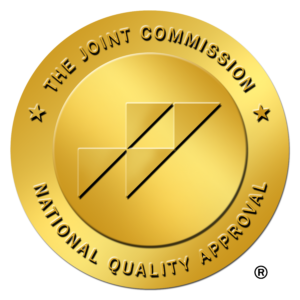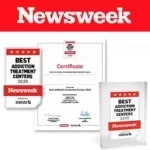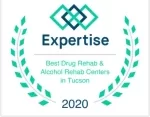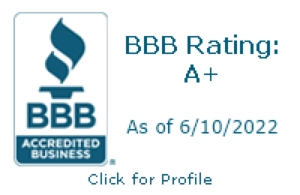Recovery In Motion is a drug and alcohol rehab located in Tucson, Arizona. Our goal is to help every client find sustainable sobriety and addiction recovery at an affordable price. Our community-centered environment is structured to facilitate life-long recovery from drug and alcohol addiction.
Recovery In Motion Treatment Center offers a dual-diagnosis treatment program. We treat co-occurring mental health and addiction issues in a real-life setting. By utilizing holistic treatments, we address the multiple factors that contribute to an addictive disorder. We treat the whole person and address any factors that could impede their progress in substance abuse rehab.
We take a clinical approach to drug and alcohol abuse treatment which offers our clients the best opportunity for successful, long-term recovery. Our full-service dual diagnosis program addresses our clients’ mental health issues and teaches them the everyday life skills they need to thrive in a sober life.
Recovery in Motion is sincerely devoted to helping our clients find life-long recovery that’s free from drugs and alcohol. Our comprehensive substance abuse treatment program uses holistic and evidence-based strategies to heal.
Our affordable treatment services are facilitated by compassionate staff. Our care is tailored to the needs of each client. We emphasize preparing our clients for a healthy, fulfilling life. Our services are designed to assist those struggling with addiction through every phase of recovery. Our intervention specialists guide families through a process in which everyone feels respected and toward a positive outcome.

The Red Road to Wellbriety is a journey of hope and healing for Indigenous people seeking recovery. It draws from 12-Step Programs like Alcoholics Anonymous. We hope to provide our Indigenous clients with a path to recovery that incorporates traditional and 12-step values.

Several studies have shown that there is a correlation between the length of someone’s stay in a treatment center and continued sobriety. Our program is designed to provide comprehensive care that puts our clients in the best position to achieve and maintain long-term recovery.

Medication-Assisted Treatment (MAT) effectively uses medications, monitored by healthcare professionals, integrated with comprehensive counseling sessions and various therapeutic interventions, to provide support to individuals struggling with addictions, helping them to achieve and maintain long-term recovery.

The path to recovery is a lifetime journey and we take pride in offering several options for ongoing support and care that are tailored to assist our clients in maintaining their sobriety. We firmly believe in freedom from addiction through our comprehensive approach it is possible.
Sessions are designed to give clients time to process and share in a 1-on-1 setting with their therapist.
Many people suffer from an undiagnosed mental health disorder that exacerbates their addiction.
The next step after residential treatment; is an option for people with less severe forms of addiction.
Designed to establish positive, practical thought patterns and allow people to manage emotions and reactions instead of turning to substances.
Allows clients to develop positive relationships, practice social skills, and learn from peers in a structured environment.
Provides an intermediate level of recovery care while clients live at home, go to work or school, and take care of other responsibilities.
There is a deep correlation between traditional Indigenous values and 12-Step programs. The wellbriety program aims to help Indigenous clients break the cycle of addiction.
Eye Movement Desensitization and Reprocessing is a psychotherapy method that is proven to help people recover from trauma.
Addiction is a family disease. We treat the person suffering from addiction and their family.
Family behavior often enables addicts in their daily lives. Healing the family system is important for long-term recovery.
Addresses behaviors of addiction that developed as ways to cope with situations through psychotherapy and skills training.
A history of trauma is often a factor in developing an addiction. Treating the root trauma is necessary for effective addiction treatment.
Alcoholics Anonymous and other 12-Step programs have helped thousands of people accept that they have an addiction and work through daily steps. Meetings provide structure and accountability.
A prevention program that is effective in deterring people from experimenting with substances.
It’s common for addicts to experience traumatic events and react with anger. Learning to manage anger is imperative to break the cycle of addiction.
Treats addiction and mental illness concurrently.
Contact us today to find out how much of the cost of your treatment is covered by insurance.
We accept private insurance. Verify your insurance with our simple form.




GET HELP TODAY
Whether you are seeking care for yourself or a loved one, call us today for a free, no-obligation consultation. Our individualized treatment approach is successful and affordable.